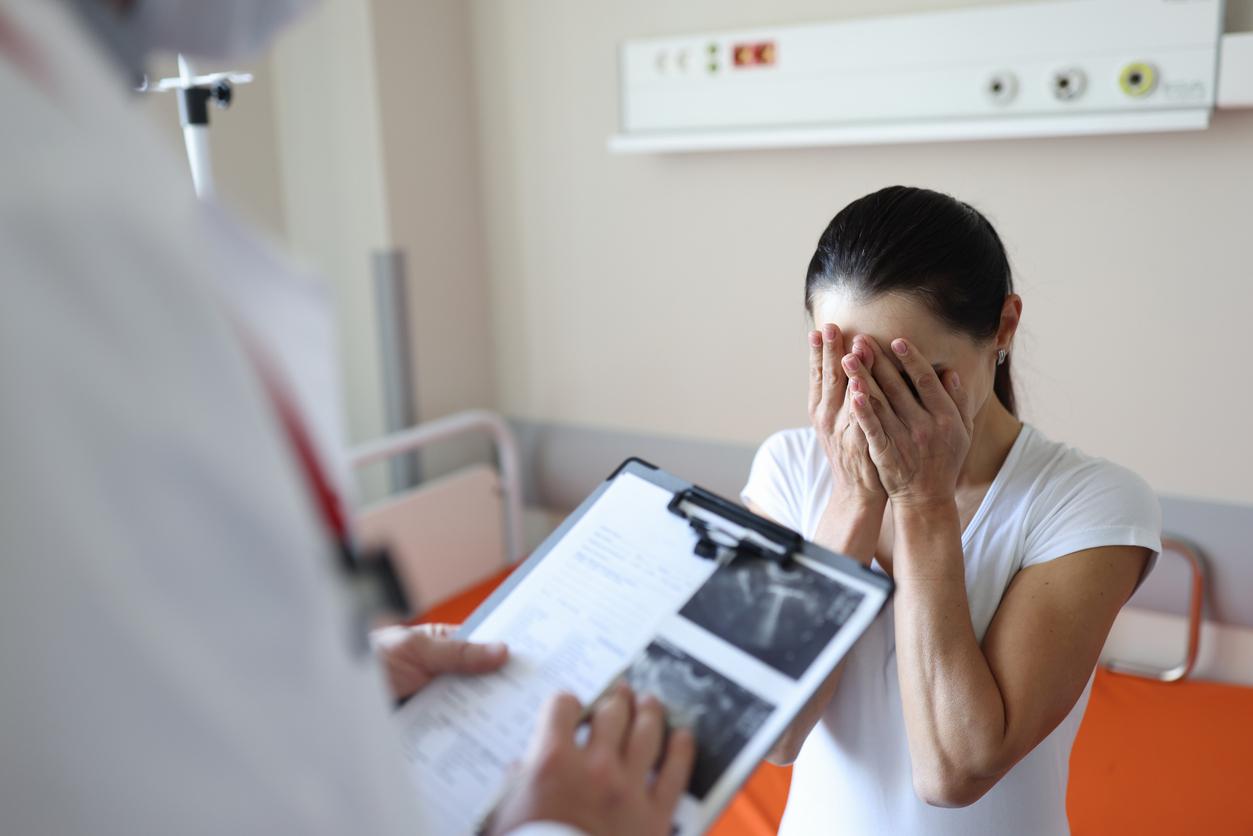Commonly used antibiotics such as macrolides, quinolones, tetracyclines, sulfonamides and metronidazole are thought to increase the risk of miscarriages early in pregnancy. pregnancy, according to the results of a study published in the medical journal Canadian Medical Association Journathe.
Researchers at the University of Montreal in Canada analyzed medical data from the Quebec Pregnancy Cohort collected between 1998 and 2009 on 8,702 cases of miscarriage clinically identified with 87,020 controls. The average gestational age at the time of the miscarriage was 14 weeks gestation.
The results of the study showed that a total of 1,428 (16.4%) of women were exposed to antibiotics early in pregnancy compared to 11,018 (12.6%) in the control group. Researchers have observed that more women who have suffered a miscarriage have been exposed to antibiotics. The risk of spontaneous abortions associated with taking antibiotics during pregnancy is estimated to be 60%, compared to 30% in general.
Quinolones and tetracyclines involved in the risk of miscarriage
The categories of quinolones (genital, urinary, intestinal, or nose and throat infections, acute bladder infection “cystitis“), tetracyclines (infectious diseases, particularly respiratory and genital diseases and treatment of acne), sulfonamides and metronidazole (abdominal, vaginal and intestinal infections) have been widely implicated in this risk of miscarriage.
In contrast, erythromycin and nitrofurantoin (known as Furadantine), commonly prescribed to treat urinary tract infections in pregnant women, have not been associated with an increased risk of spontaneous abortion in early pregnancy.
“Infections are common during pregnancy,” explains Dr. Anick Bérard, Faculty of Pharmacy, University of Montreal, Montreal, Quebec. “Although the use of antibiotics to treat infections has been linked to an increased risk of prematurity and low birth weight in other studies, our survey shows that certain types of antibiotics increase the risk of spontaneous abortion, with a risk increased by 60% “.
Read also:
Morning sickness would reduce the risk of miscarriages
Endometriosis increases the risk of early miscarriage
Pregnancy: what are the signs of miscarriage?


















